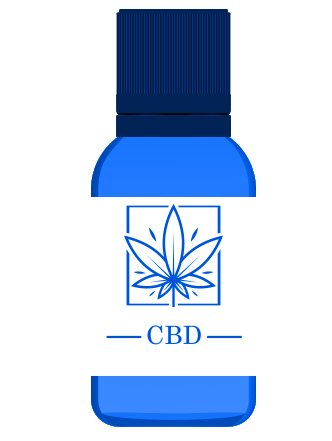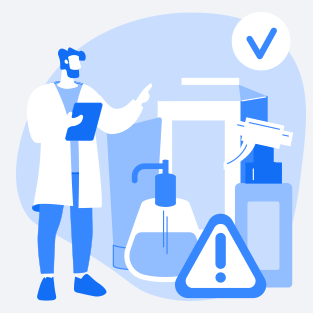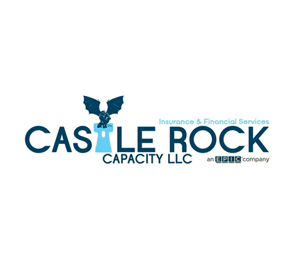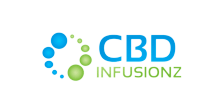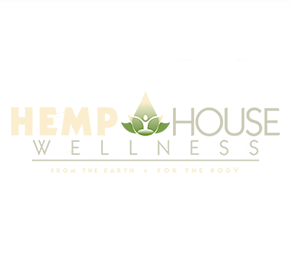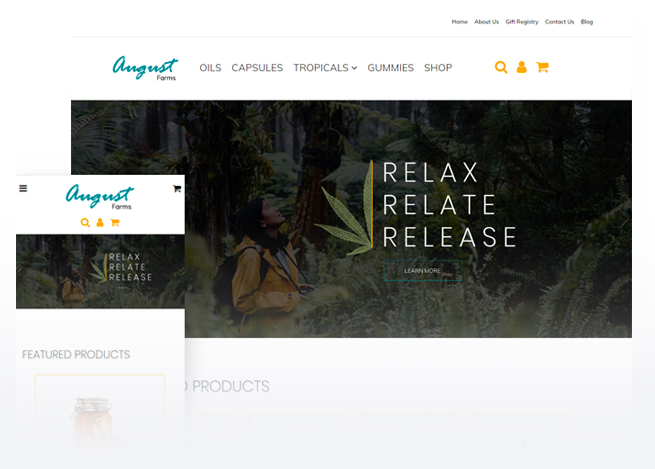Shipping
Shipping and logistics for CBD can be a complex matter, as retailers must comply with shipping carrier requirements as well as the applicable law from both the place of origin and the destination. CBD merchants must obey all state laws and refrain from shipping any product to a jurisdiction where that product is banned. Typically, if you are shipping non-vaping related CBD products, you are permitted to ship if you:
Have all requisite business licenses (including a grower, processor, or retail license).
Sell CBD that is compliant with state and federal law.
Only source from growers operating a legitimate, licensed business.
Have a third-party testing process.
Have documented results from this testing.
Due to the unclear laws and regulations, shipping to these states is prohibited through Shift4Shop:
Iowa
Kansas
Mississippi
Michigan
South Dakota
Vaping-Related Products
The Preventing Online Sales of E-Cigarettes to Children (PACT) Act was amended in December 2020 to include almost all vaping products in the definition of Electronic Nicotine Delivery Systems ("ENDS"), effective March 28, 2021.
The definition of ENDS is extremely broad and includes any electronic device that, through an aerosolized solution, delivers nicotine, flavor, or any other substance to the user inhaling from the device. An item can qualify as an ENDS without regard to whether it contains or is intended to be used to deliver nicotine (thus the definition encompasses CBD and other non-nicotine liquids/oils) and also includes any component, liquid, part, or accessory of such device (even if sold separately).
Online sellers of ENDS will be required to register with the Bureau of Alcohol, Tobacco, Firearms and Explosives (AFT), the U.S. Attorney General, and the tax administrators of each state in which they do business. These retailers will be subject to extensive regulation, including tax reporting obligations in multiple jurisdictions. The PACT Act also imposes additional labeling, delivery, and recordkeeping rules. As an online seller, your failure to comply with such requirements could result in severe criminal penalties that can include fines and imprisonment.
Shipping Vaping-Related Products
As of April 27, 2021, there is a complete ban on sellers shipping any ENDS products to consumers through the U.S. Postal Service. While the law does not prohibit private carriers from delivering vaping products to consumers, the regulatory requirements are burdensome and there are severe penalties for noncompliance. Not surprisingly, many carriers do not want to undertake this risk, and many large carriers (including FedEx and UPS) have announced that they will cease shipping any vaping/ENDS products before these regulations go into effect.
Shift4Shop cannot support shops that ship vaping products through the mail to consumers. These products must be pickup only at the merchant's location. The merchant must reference this under their store to ensure that there is no confusion when the merchant goes to check out via the online store. We do not want the consumer to assume that the product is being shipped, as they truly will have to pick it up at the store.
